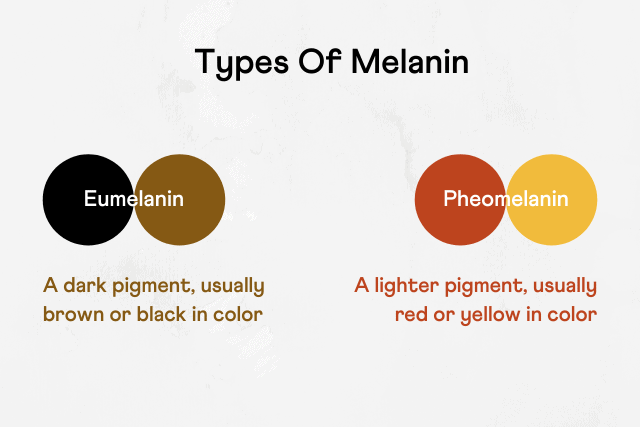Spots appearing on your skin from sun exposure could cause concern. However, freckles are entirely harmless. For many generations, they have been a source of admiration, envy, and curiosity. But how do freckles form? Why do some people have freckles on their faces and others do not? Are freckles genetic? Scientists have discovered that along with sun exposure, your genes may also play a role in developing freckles.
Would You Like An In-Depth Analysis Of Your Skin?
Causes Of Freckles
Freckles are small brownish dot-like structures seen on sun-exposed areas (mainly the face).
The primary causes of freckles are genetics and sun exposure.
During sun exposure, skin cells called melanocytes produce a pigment called melanin.
Melanin pigments your hair, eyes, and skin.
If the melanocytes produce melanin evenly, you get a tan in the sun.
However, some people produce more pigment in some areas than others, which can cause them to develop freckles.
Freckles are also more common in European populations due to their lighter skin.
Types Of Freckles
There are two main types of freckles.
| Ephelides | Solar lentigines |
| Smaller in size (1-2mm) | Larger in size (up to a few cm) |
| Usually red or brown | Red, yellow, brown or black |
| More frequent in lighter-skinned people | More frequent in darker-skinned people |
| Common in children and teenagers | Common in people above 40 years of age |
| Caused by genetic factors | Caused by environmental factors |
Are Freckles Genetic?
Certain genetic factors regulate the function of melanocytes, which play an essential role in skin pigmentation.
Changes in these genes can increase a person's risk for freckles, sun spots, and tanning.
For example, a gene called MC1R produces the receptor for the melanocyte-stimulating hormone, one of the two hormones that regulate pigmentation.
Certain changes in MC1R reduce the production of pheomelanin (the lighter pigment), resulting in the overproduction of eumelanin (the darker pigment) in certain areas, leading to freckles.
Inheriting Freckles
The freckling trait is passed down from generation to generation in a complex manner.
Several genes interact with each other in this process.
Generally, the MC1R gene has a dominant inheritance pattern for freckles.
If your parents are prone to freckles, you probably will be too.
However, some people may carry the genetic marker for freckles and still never develop freckles.
Since sun exposure is the immediate cause of freckling; you could develop freckles even if your parents didn’t pass down the gene.
Freckles And Red Hair
The MC1R gene also influences the chances of someone having red hair.
Some people produce eumelanin much less frequently than pheomelanin.
This results in light-colored hair.
It also explains why several red-haired people have freckles.
Preventing Freckles
Freckles aren’t a cause for concern since they fade away with time.
However, since people who are prone to freckles have more sensitive skin, it’s best to be cautious when in the sun.
Long-term sun exposure can cause sunburns, wrinkling, and even some types of skin cancer.
The American Academy of Dermatology has issued the following recommendations to avoid sun damage and freckle formation.
- Outfits: Wear long sleeves, full pants and a wide-brimmed hat
- Sun protection: Use a water-resistant sunscreen (SPF 30 or higher)
- Shade: Stay away from direct sunlight as far as possible, under an umbrella or the shade.
Explore Your DNA Raw Data
Curious about your freckle genes? Here’s how you can learn about it in 3 simple steps:
- Download your raw data file from 23andMe, Ancestry DNA, or any other ancestry company. If you don't have one, you can get a 23andMe kit from here.
- Buy the Gene Skin Report (or Xcode Life Premium Pack for a 70% discount)
- Upload your raw data and get your results in 24 hours.
Others Are Also Reading

Is Sleep Apnea Genetic? Risk Factors, Treatment, And More

Is Handedness Genetic? What Science Tells Us

National Wellness Month | 5 Life-changing Wellness Tips
References
https://my.clevelandclinic.org/health/articles/23091-freckles
https://www.medicalnewstoday.com/articles/323471
https://www.ancestry.com/c/traits-learning-hub/freckles
https://newsnetwork.mayoclinic.org/discussion/mayo-clinic-q-and-a-all-about-freckles
https://www.hopkinsmedicine.org/health/wellness-and-prevention/sun-safety





